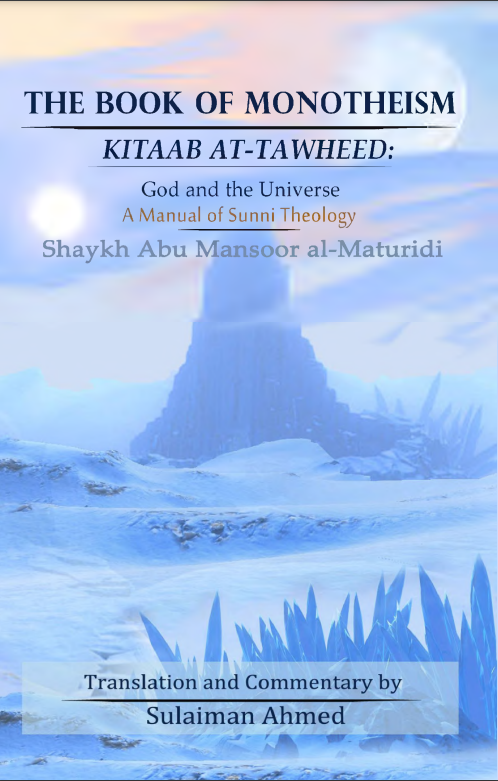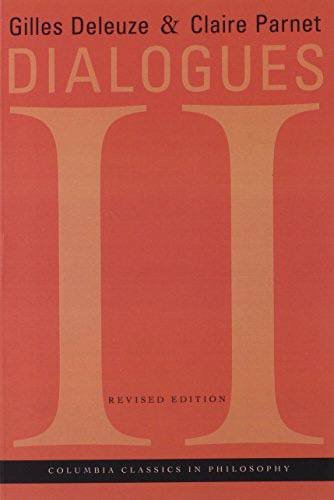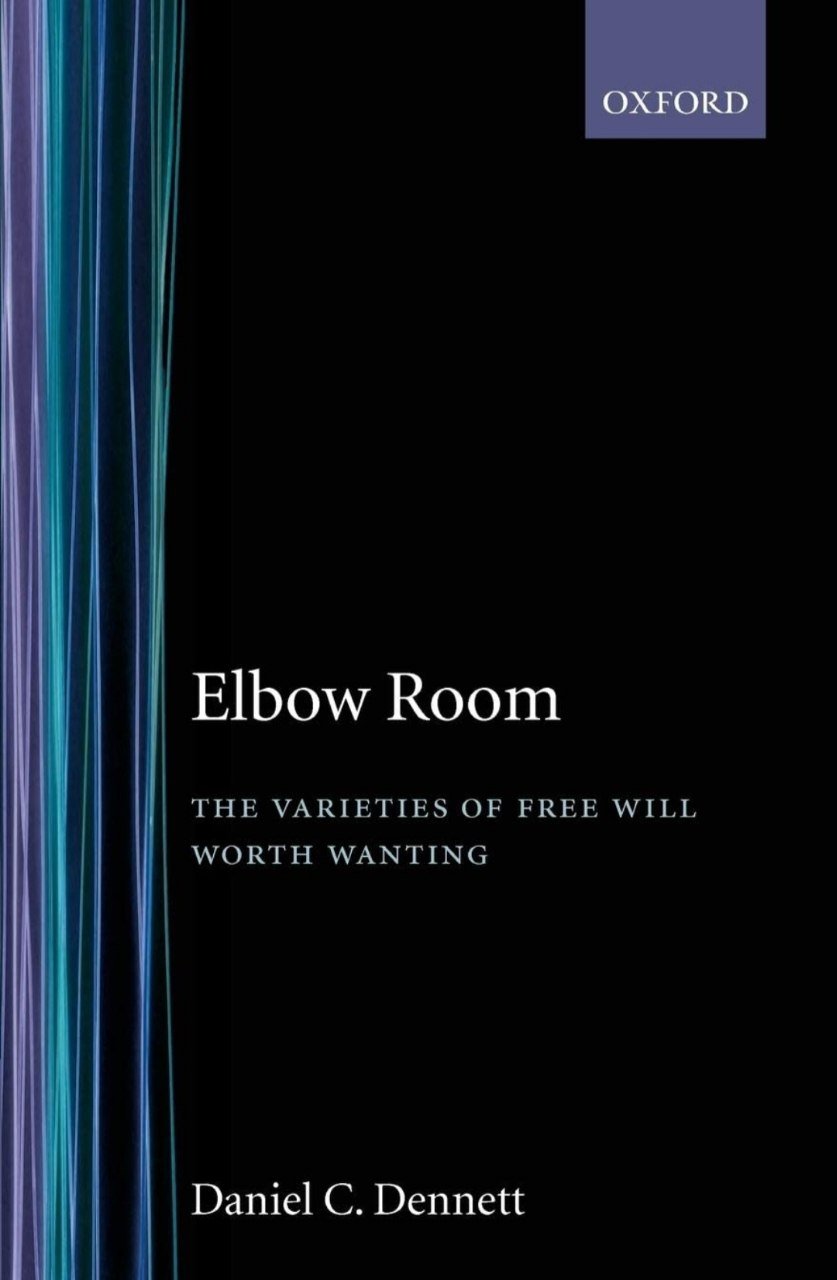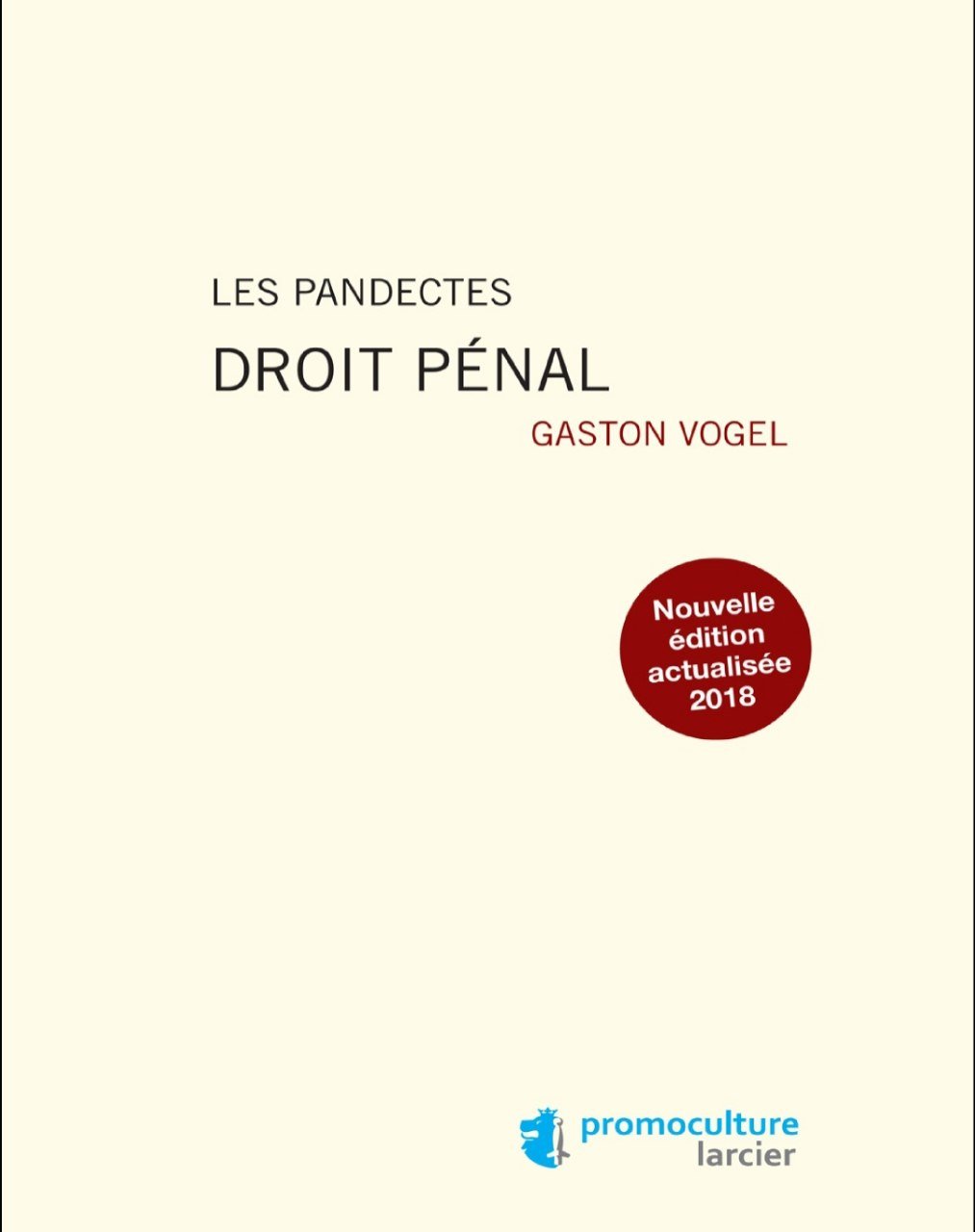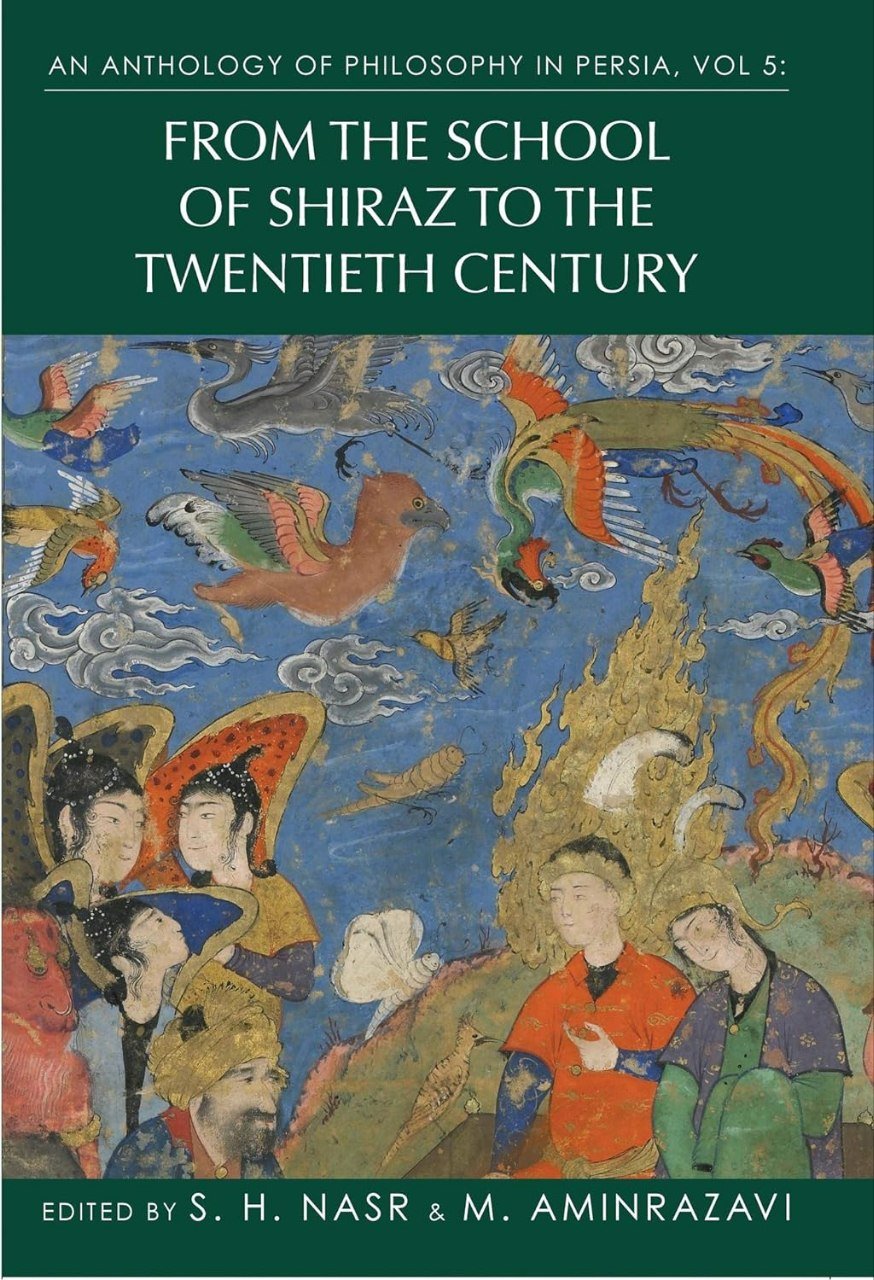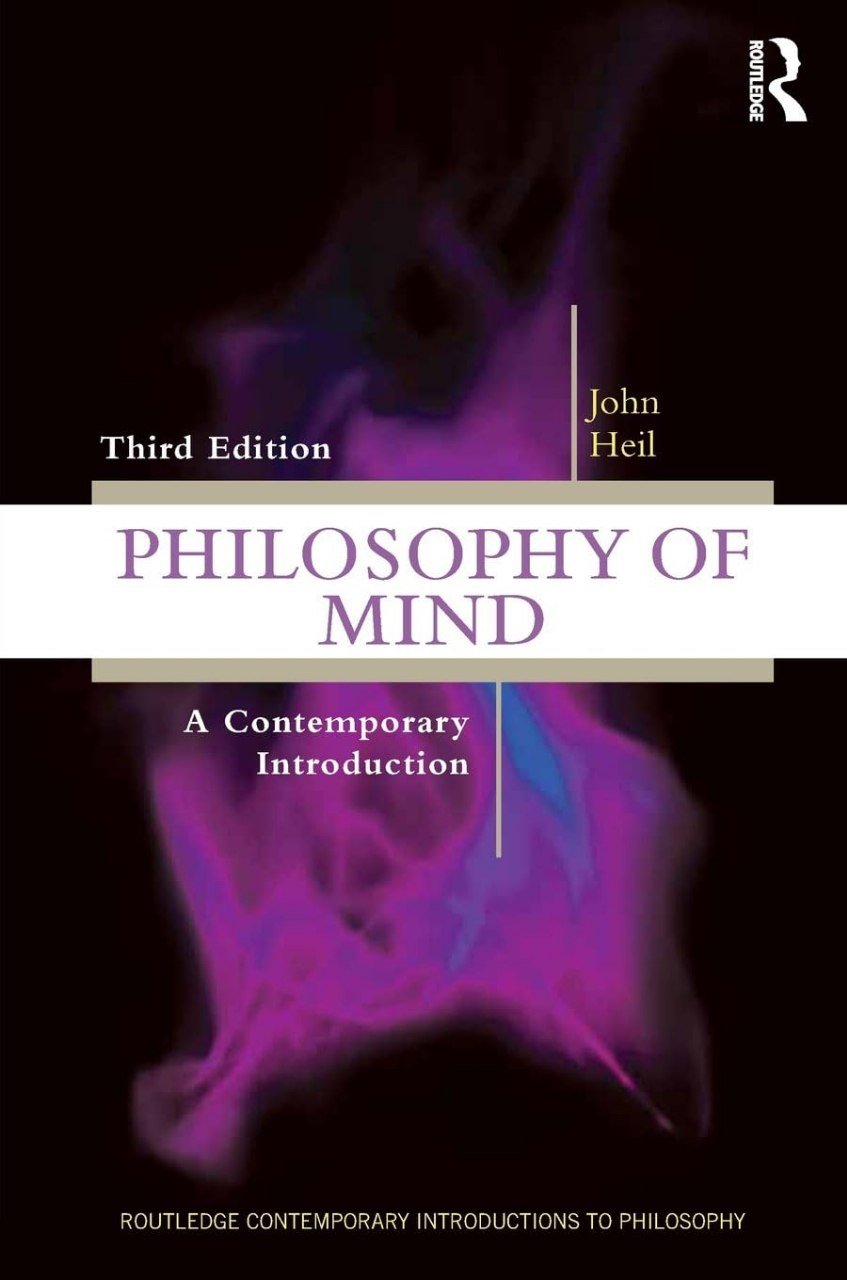

Dialectic of Enlightenment by Max Horkheimer and Theodor W. Adorno
Reviews
No review yet. Be the first to review this book!
Description
Dialectic of Enlightenment – Max Horkheimer and Theodor W. Adorno Dialectic of Enlightenment is one of the most influential works of critical theory, written by Max Horkheimer and Theodor W. Adorno during their exile in the United States in the 1940s. This groundbreaking book analyzes the contradictions of modernity, arguing that the very ideals of reason, progress, and enlightenment, which were meant to liberate humanity, have instead led to new forms of domination, oppression, and alienation. Horkheimer and Adorno trace how the Enlightenment’s rationalism and scientific progress, rather than fostering true freedom, have contributed to the rise of totalitarianism, mass culture, and capitalist exploitation. They argue that modern societies, through instrumental reason, reduce everything—including human beings—to mere tools for economic efficiency and control. The book famously critiques mass media, consumer culture, and the entertainment industry, showing how they reinforce passivity, conformity, and ideological manipulation rather than genuine enlightenment. Through key essays such as "The Culture Industry: Enlightenment as Mass Deception" and "Elements of Anti-Semitism", the authors examine how myth and reason intertwine, exposing the ways in which fascism, capitalism, and cultural commodification share a common root in the logic of domination. They also explore how classical literature, from Homer to Kafka, reflects the tension between enlightenment and myth. This work remains a foundational text in critical theory, philosophy, and cultural studies, offering a provocative critique of modern civilization and the dangers of unchecked rationalism. It continues to be widely read and debated, influencing postmodern thought, media critique, and political philosophy in profound ways.





















.jpeg)



.png)

.jpg)
















.jpeg)



.jpeg)










.jpg)





.jpg)

.jpg)






.jpeg)



.jpg)
.jpg)
.jpg)


.jpg)

.jpeg)






